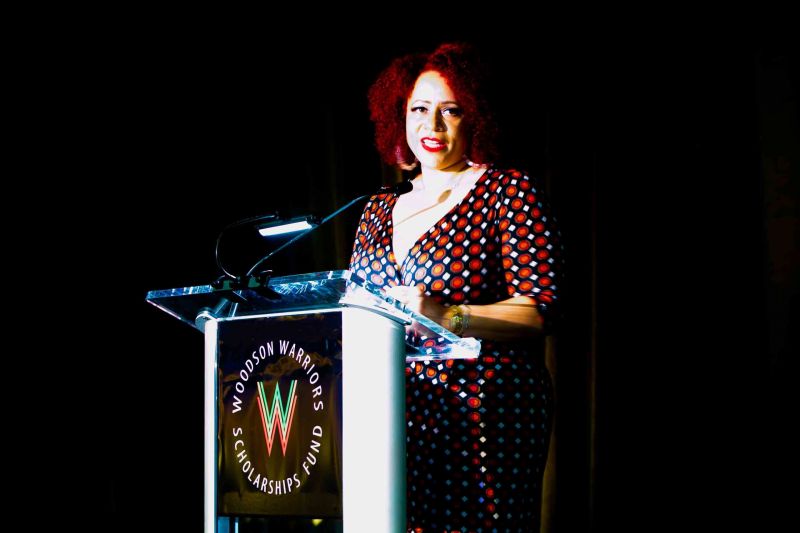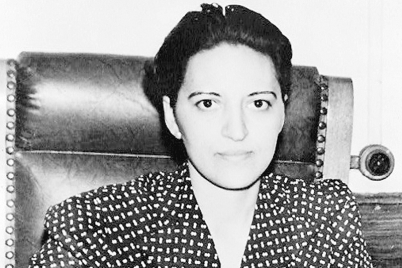Nikole Hannah-Jones is a Pulitzer Prize-winning reporter covering racial injustice for ‘The New York Times Magazine’ and creator of the landmark ‘The 1619 Project.’
BY KEISHA BELL | Visionary Brief
Have you ever noticed that “racism” is a topic that many want to discuss but are hesitant? The norm has been to, when possible, avoid the subject. The current federal administration’s denial has created a situation likened to kerosene being tossed onto a blazing fire.
Instead of civil discussions across so-called racial lines, many times those interested in eradicating it are left to whisper, to discuss with people who look like themselves, and, or to study it from impersonal resources.
Although head knowledge is gained, real communication on this subject is frequently negated between individuals whom society says are different. Still, there are those willing to express and expose the racial injustices that continue to prevent America from becoming its greatest self.
Meet Nikole Hannah-Jones, a recognized authority and investigative journalist on topics such as racial segregation, desegregation, and re-segregation in American schools and housing.
Born April 9, 1976, in 1988, Hannah-Jones earned a bachelor’s degree in history and African-American studies from the University of Notre Dame. In 2003, she earned a master’s degree from the University of North Carolina at Chapel Hill’s School of Journalism and Mass Communication.
Hannah-Jones’ academic experience and voice are ones frequently lost within the discussion of black American children in schools. Her parents enrolled her and her siblings in a voluntary program of desegregation busing. As a result, Hannah-Jones attended almost all-white schools in Waterloo, Iowa. There is no doubt that her experience is pivotal in her career choice of giving a voice to civil rights in the United States.
After graduating from UNC, she worked for three years at the Raleigh News & Observer where she covered the education beat, a role which meant she wrote mostly about Durham Public Schools, which were predominantly African American.
In 2006, Hannah-Jones added to her resume when she accepted a position to write for The Oregonian. While in Portland, she was able to expand her coverage which ranged from featured work to government and census beats. There, her writings gained national attention.
In 2007, she wrote about the impact of the 1965 Watts Riots on the community for the Kerner Commission. From 2008 to 2009, she traveled to Cuba to study universal healthcare and its country’s educational system upon receiving a fellowship from the Advanced Journalism Studies.
In 2011, Hannah-Jones joined ProPublica, an independent, nonprofit news organization, to cover civil rights and to continue research she started on redlining and discriminatory housing practices. ProPublica is based in New York City, and in 2015, Hannah-Jones became a staff writer for the New York Times.

Keisha Bell
She has numerous awards and has spoken about civil rights and race relations on national public radio broadcasts. She is one of the co-founders of the Ida B. Wells Society for Investigative Reporting, which aims to promote investigative journalism and encourages minority journalists to give a voice to systemic and institutional racism. Currently, she is working on a book on school segregation.
It takes courageous conversations on racism for eradication to occur — not only for those with experiences to share but also for those earnestly willing to listen. That is real dialogue.
Keisha Bell is an attorney, author, and public servant. www.emergingfree.com








